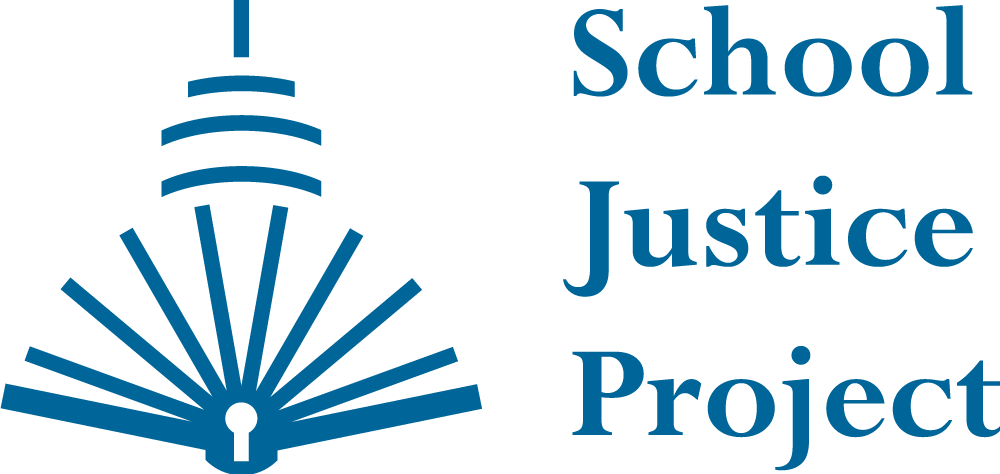Special Education Panel Attorneys for Emerging Adult Defendants in D.C. Superior Court
Many young people in DC adult criminal proceedings have special
education needs and no high school diploma or GED.
Federal special education law guarantees students with disabilities
access to education through age 22. However, older, court-involved
students are routinely denied education and the legal assistance to
enforce their rights. Further, because of agency silos, judges
often do not receive accurate information about an older student’s
education history, needs, and disability. As a result, older students with
disabilities are largely misunderstood and underserved. This leads to a
further denial of education and school pushout.
Having access to a special education attorney can change this.
For years, SJP has worked to expand access to education attorneys in
D.C.’s criminal legal system. Education attorneys contribute to the
efficiency of the judicial process, provide information to assist judges in
reaching a more informed decision, and lead to more just outcomes for
young people when incarcerated and returning to the community.
In 2022, the D.C. Council passed D.C. Code § 16–714, which directed
the Superior Court of D.C. to establish a panel of special education
attorneys for its Criminal Division. This panel will allow judges to
appoint education lawyers for “emerging adults” with disabilities who
otherwise would not have access to enforcement of their special
education rights. While a special education panel does exist in Family
Court, these attorneys were not appointed in criminal proceedings.
This landmark law closed the gap and is the first of its kind nationwide.
In September 2023, D.C. Super. Ct. Admin. Order No. 23-21
established the “Special Education Panel Attorneys for Emerging Adult
Defendants” in the Criminal Division, and identified SJP as a
primary provider of special education legal representation via the panel.
We believe this panel will improve access to education, reduce court
contacts, and improve life outcomes for older, court-involved students
with disabilities.
For more information on trainings or partnerships, please contact
Claire Blumenson at cblumenson@sjpdc.org or 202.656.9136.
Students ages 16-22 with special education needs are slipping through the cracks in adult criminal court.
Court-involved students change facilities frequently. High mobility results in perpetual school instability. For students with disabilities, this is particularly harmful.
Academic failure and frustration are common due to inferior schools in facilities, inappropriate education services, lost school records, and inability to accumulate credits.
With each year, it is more difficult for students to succeed—particularly given the ongoing denial of special education rights.
The school and legal systems rarely implement programs that meet the needs of this distinct, older population. Finding no path to graduation, many students are pushed out.
Without secondary education, this student population is often excluded from gainful employment, higher education, and political participation
This “second pipeline” funnels this older student population directly from the juvenile system into the adult criminal system
